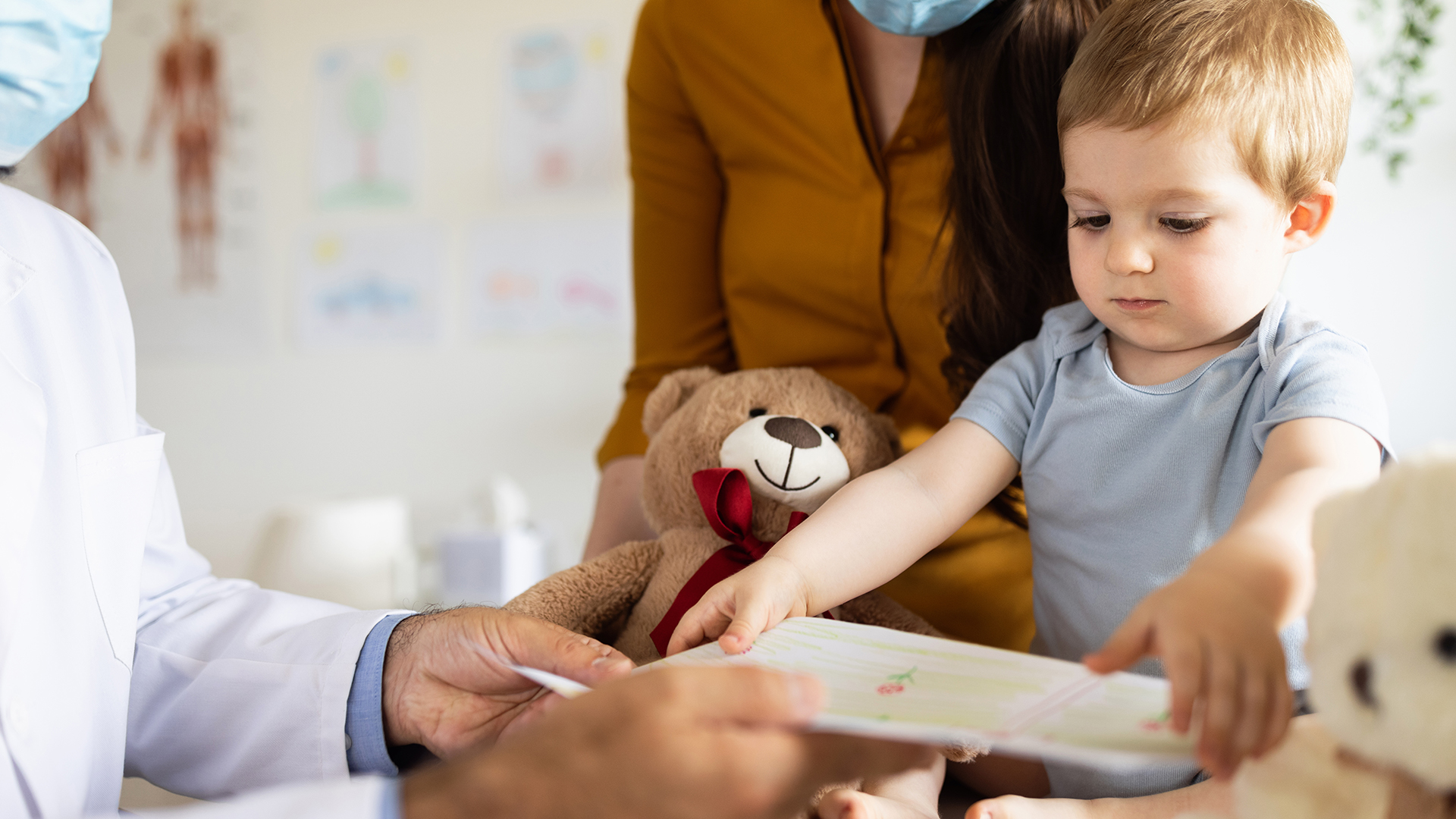
The U.S. has a limited supply of a new drug to protect babies against respiratory syncytial virus (RSV), prompting the Centers for Disease Control and Prevention (CDC) to adjust its recommendations for how the treatment should be used in the impending RSV season.
RSV, a common respiratory virus that can cause serious illness in young children, began spreading in Florida and Georgia in late summer, and CDC data suggest that cases have been slowly ramping up elsewhere in the U.S. since then. Earlier this year, the Food and Drug Administration approved a new drug called Beyfortus (generic name nirsevimab-alip) to protect babies from the infection.
Beyfortus is a monoclonal antibody drug, meaning it contains lab-made proteins that mimic protective antibodies made by the human immune system. Whereas a vaccine would train a baby's immune system to make its own anti-RSV antibodies, Beyfortus provides a ready-made supply. The one-time shot protects children for about five months, roughly the length of an RSV season.
Related: Who should get the new RSV vaccines? Here's everything you need to know
Another, older antibody drug called Synagis (generic name palivizumab) is also approved in the U.S. But because it's expensive and requires repeat doses throughout the season, doctors have historically prescribed it only for children at the highest risk of severe RSV.
After Beyfortus' approval, the CDC originally recommended that all infants younger than 8 months old who were either born during or are just entering their first RSV season, as well as some children ages 8 months to 19 months old who are at high risk of severe infection, receive the new shot. But with treatment in short supply, the agency is dialing back its recommendation for this year.
According to Sanofi, the manufacturer of Beyfortus, the "demand for this product, especially for the 100 mg [milligram] doses used primarily for babies born before the RSV season, has been higher than anticipated." Based on Sanofi's manufacturing capacity and its currently available stock, there aren't enough 100-mg doses to protect all infants eligible for the treatment this year, the CDC said.
As such, the CDC now recommends reserving these 100-mg prefilled syringes for the infants at the very highest risk for severe RSV. This group includes infants less than 6 months old and those with certain underlying conditions, such as chronic lung disease or weakened immune systems.
"Recommendations for using 50mg doses remain unchanged at this time," the CDC noted; these lower doses are specifically reserved for infants that weigh less than 11 pounds (5 kilograms). Doctors should avoid using two 50-mg doses for infants over this weight limit, in order to preserve the 50-mg doses for smaller infants, the CDC advised.
The CDC also said doctors should stop giving Beyfortus to children 8 months to 19 months old who are eligible for the older drug, Synagis. Parents and caregivers should speak with a health care provider about which antibody drug is available and right for their child, the agency advised.
Besides using these antibody treatments, families can protect their children from RSV by washing hands, covering coughs and sneezes, cleaning frequently touched surfaces and staying home when they're sick, the CDC added. In addition, there is now an approved vaccine that can be given in pregnancy to protect newborns from the virus.
The CDC recommends that infants either be protected by this prenatal vaccine or by an antibody drug, but the agency notes that they likely don't need both.
This article is for informational purposes only and is not meant to offer medical advice.
Ever wonder why some people build muscle more easily than others, or why freckles come out in the sun? Send us your questions about how the human body works to community@livescience.com with the subject line "Health Desk Q," and you may see your question answered on the website!







